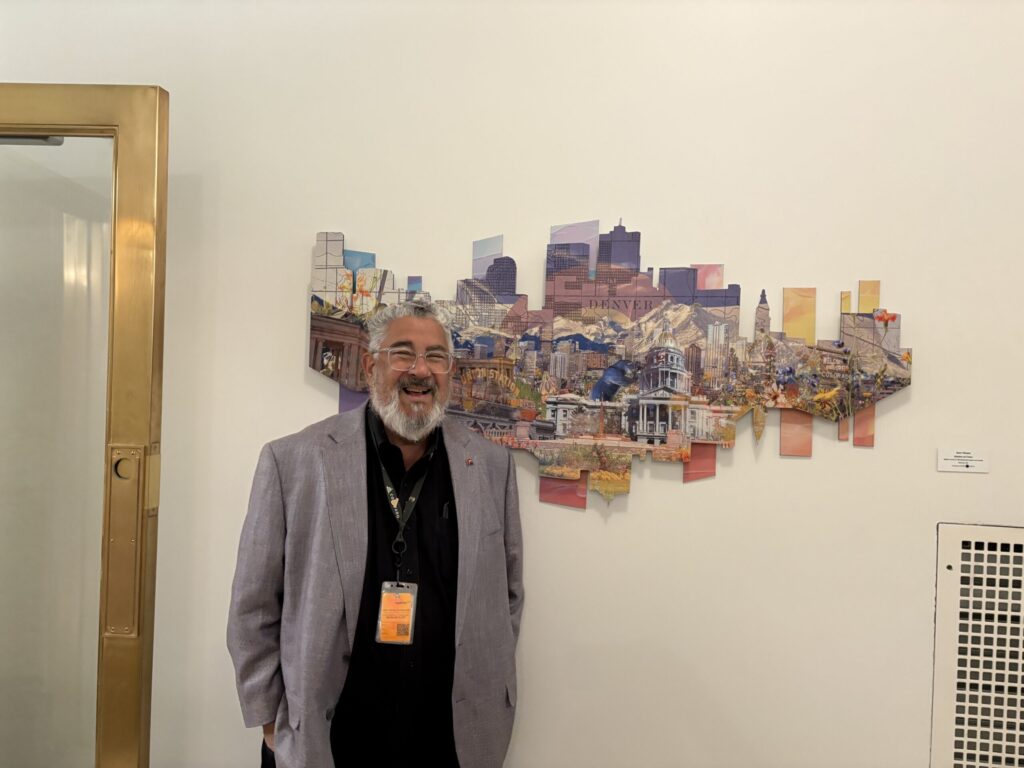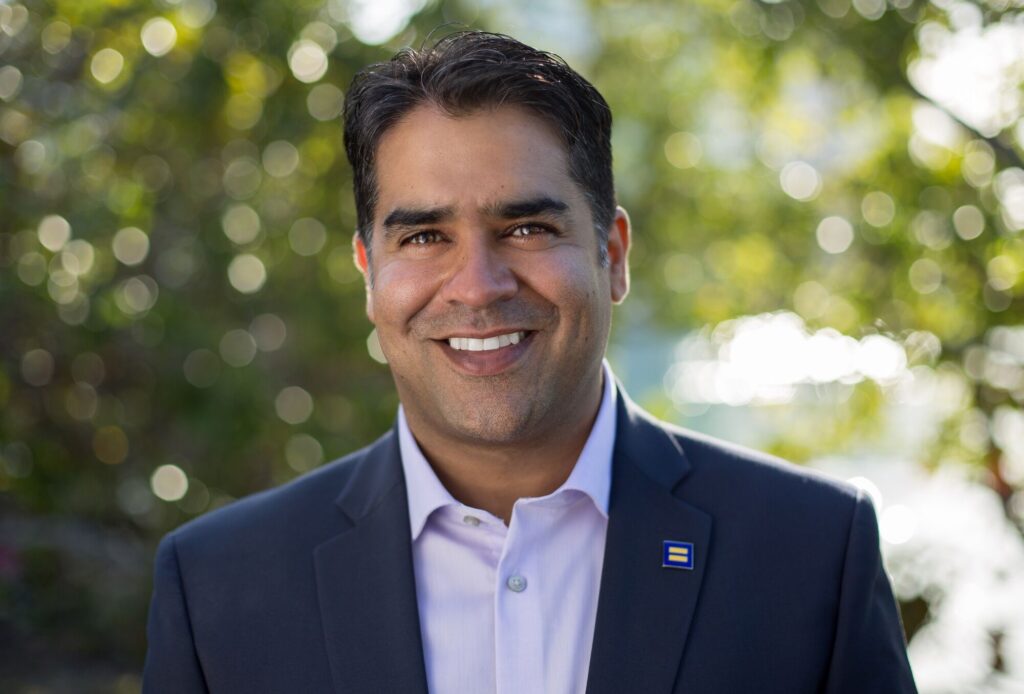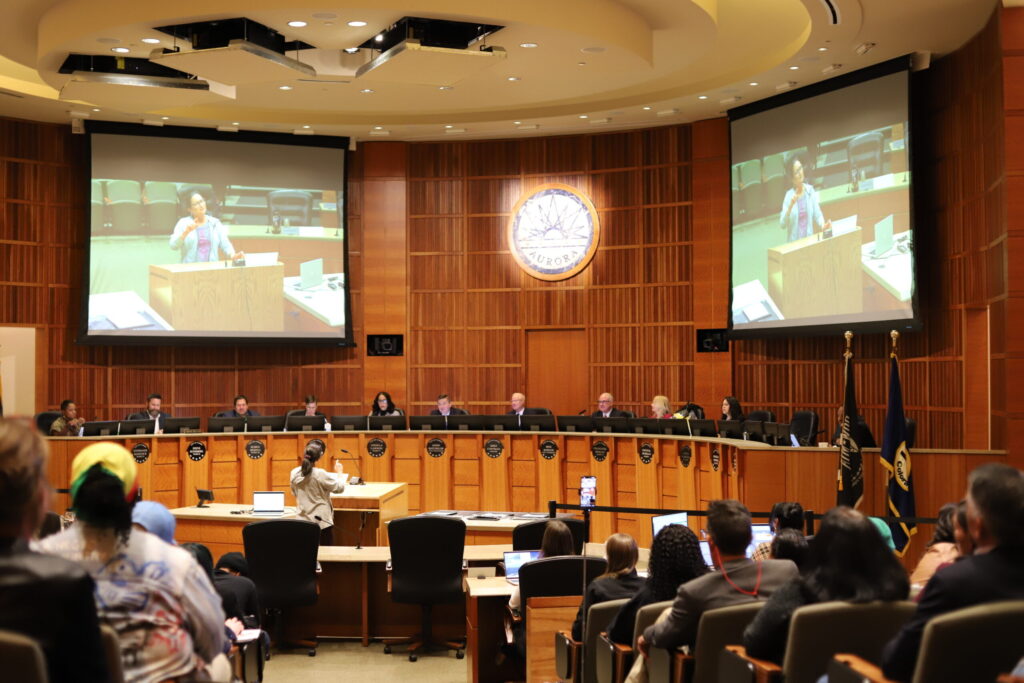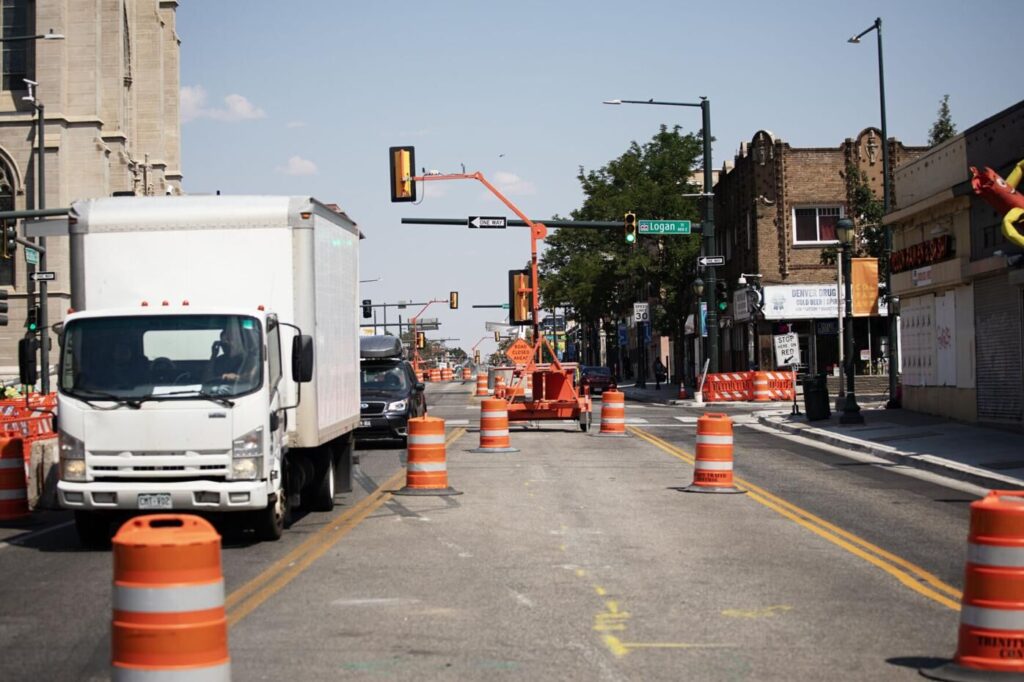City attorney tries to crack down on ‘ghost guns’ in Denver
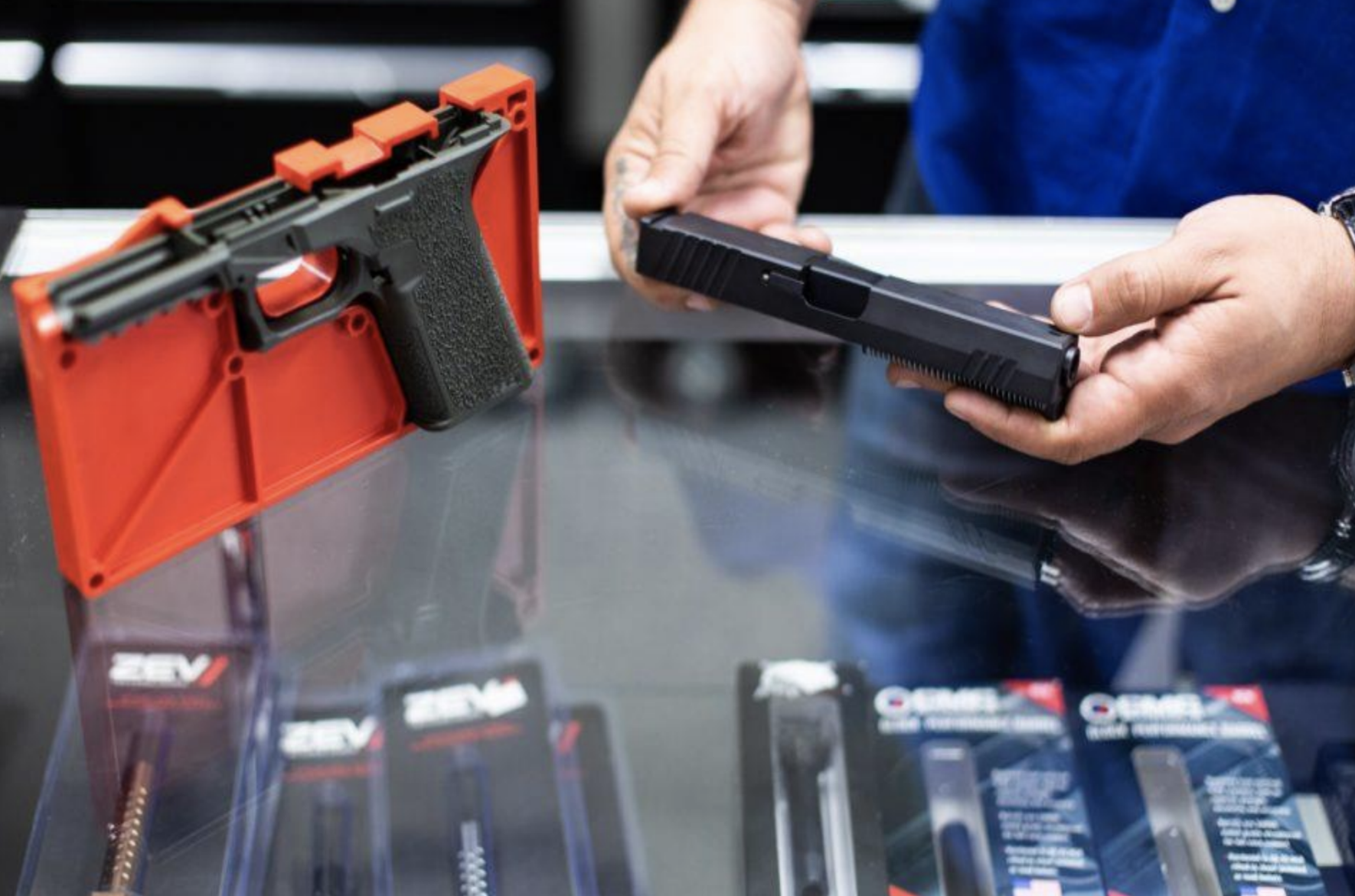
The City Attorney’s Office is trying to crack down on the flow of “ghost guns” in Denver, introducing a proposal to the City Council on Wednesday that would make owning the non-serialized firearms illegal.
Ghost guns are homemade firearms that don’t have serial numbers or markings, meaning they can’t be tracked to their maker, seller or original owner. They are often made by buying pre-made parts and assembling them at home, or by 3D-printing non-serialized parts.
City Attorney Kristin Bronson said this allows minors and people with criminal records to get guns without background checks. Without a serial number, ghost guns also make it more difficult to solve crimes and get insight into gun trafficking patterns.
“This bill is intended to close the loophole in our city’s gun laws related to ghost guns,” Bronson said. “Across the country, we are seeing an increase in the number of crimes where ghost guns are used. … We’re hoping to get ahead of that curve.”
Currently, Denver’s weapons code allows for ghost guns because the law considers the parts used to assemble firearms to be components, not firearms themselves, Bronson said. That means firearm parts can bypass regulations.
Fourth teenager charged in shooting outside of Hinkley High School
If passed, the measure would make it illegal for anyone to possess, wear, carry, transport, display, flourish, discharge, manufacture or sell any non-serialized firearm in Denver, including any non-serialized firearm frame or receiver.
The City Council safety committee unanimously approved the bill Wednesday, passing it on to the full council for first reading on Dec. 20 and a final vote on Jan. 3.
“Let’s move forward with this as quickly as we can,” Councilman Paul Kashmann said in support of the bill. “It’s kind of scary to think how easy it is for our talented kids to put together weapons in the privacy of their own homes.”
In Denver, 38 ghost guns used to commit crimes have been recovered by police since November 2019, according to the City Attorney’s Office. That means ghost guns account for about 2% of firearms recovered in Denver.
Nationally, at least 23,906 ghost guns were found by law enforcement at crime scenes between 2016 and 2020, including 325 homicides or attempted homicides, according to the Bureau of Alcohol, Tobacco, Firearms and Explosives.
Under the bill, anyone convicted of possessing a ghost gun is subject to forfeiture of the weapon, a fine of up to $999 and up to 300 days in jail.
Students’ mental health challenged in a culture of guns; what’s happening in Colorado?
Despite the unanimous committee approval, some council members raised concerns about how Denver will be able to address the issue of ghost guns when pre-made firearm parts can be purchased over the internet.
“It’s unfortunate how easily accessible this is, especially on the internet,” Councilwoman Amanda Sandoval said. “How do we monitor that in Denver?”
Bronson said the city could not effectively monitor online trafficking for ghost guns, but the federal government is working on the issue. In April, President Joe Biden’s administration announced it would crack down on the proliferation of ghost guns.
In May, the Department of Justice issued a notice of proposed rulemaking to set requirements for federally licensed firearms dealers to add a serial number to any ghost gun they acquire before it can be sold.
Eight cities and counties and 11 states in the U.S. have already passed similar legislation banning ghost guns, according to the City Attorney’s Office.




